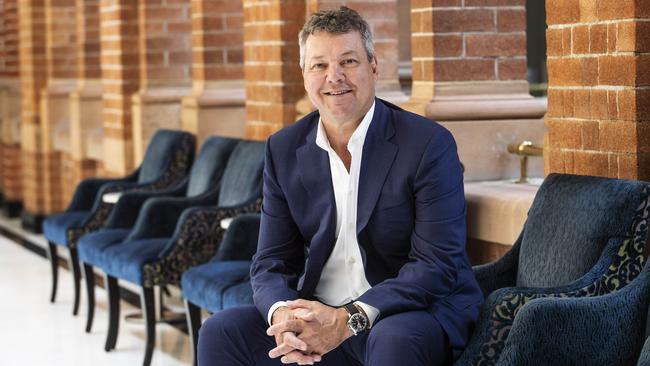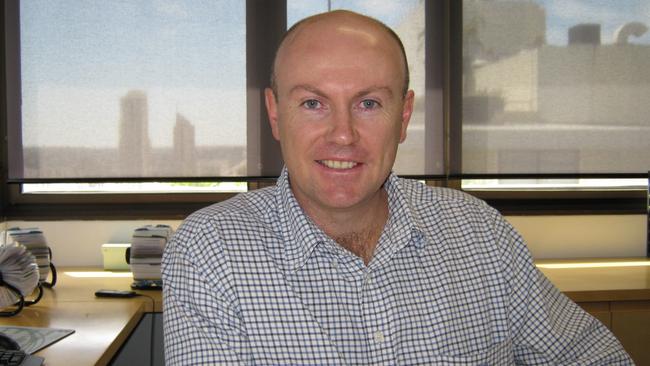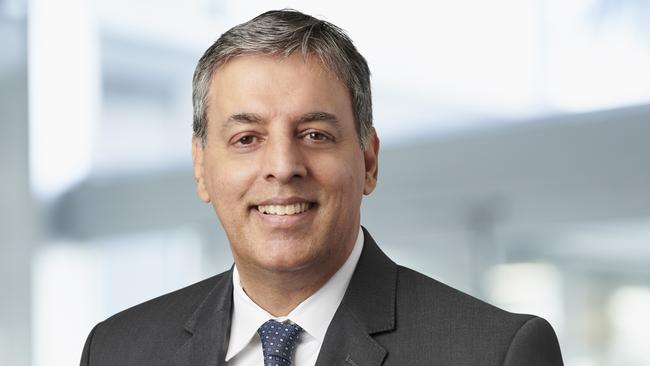BlueScope, Adbri, Orica publicly back government’s safeguard mechanism reforms
The federal government’s revised safeguard mechanism has won the backing of a trio of Australia’s biggest industrial companies.

The federal government’s revised “safeguard mechanism” has won the backing of a trio of Australia’s biggest industrial companies, with BlueScope Steel and Orica backing the “investment certainty” offered under the government’s climate policy.
BlueScope, explosives manufacturer Orica and cement maker Adbri all publicly backed the carbon-reduction package on Monday, with Adbri and BlueScope welcoming a review targeting the potential introduction of a carbon border tax and all three saying the new package would give them the confidence to spend to reduce their own carbon footprint.
The package passed through parliament last week after the federal government struck a deal with the Greens to include an “absolute” cap of 1.2 billion tonnes of carbon dioxide by 2030, locking in a decline in absolute emissions over the rest of the decade.
But while the bulk of Australia’s 215 biggest carbon emitters will be forced to cut emissions by 5 per cent a year from July 1, manufacturers operating in ‘‘difficult to abate’’ industries – such as steel, cement and aluminium – will only be locked into a 1 per cent cut over each year for the rest of the decade, and will have access to a grants package worth up to $1bn to help them transition.

BlueScope warned in February that a draft version of the safeguard mechanism proposal could put the future of its Port Kembla steelworks at risk, as the company reviewed its plans for a $1bn investment in relining one of the furnaces at the NSW operation.
But BlueScope boss Mark Vassella said on Monday the revised package had “materially alleviated” its concerns, with the company now pressing on with a feasibility study on the blast furnace refurbishment.
“The government has recognised the challenges facing hard-to-abate sectors, in particular the unique and urgent challenge of the No. 6 Blast Furnace reline and upgrade project,” he said.
“Now, subject to the final form of the legislative rules and the government’s additional support for industry, BlueScope’s previous concerns in respect of potential adverse impacts from the safeguard mechanism have been materially alleviated.”
Orica chief executive Sanjeev Gandhi said the revised package had given the explosives major the confidence to push ahead with a reinvestment at its Yarwun manufacturing facility in Gladstone in northern Queensland, aimed at reducing the plant’s carbon emissions, as well as a similar project at its Kooragang Island manufacturing plant.
“We believe a more robust approach to baseline setting will drive material emissions reductions across Australia’s industrial sector, consistent with national commitments, and encourage investment in transformational technologies like green hydrogen – a critical enabler for the delivery of future lower-carbon regional manufacturing hub,” he said.

Both BlueScope and Adbri boss Mark Irwin singled out a government commitment to examine a carbon border tax for praise on Monday, saying the introduction of such a scheme – already planned in Europe – would protect local manufacturing jobs and prevent the outsourcing of carbon pollution.
“We hope that the government and the opposition can work together to implement a carbon border adjustment mechanism as soon as possible for sectors such as ours,” Mr Irwin said.
“A carbon border adjustment mechanism would preserve manufacturing jobs in Australia and also minimise the risk of carbon leakage caused by import substitution.”
Mr Vassella said a carbon border tax would be “critical” to levelling the playing field for local manufacturers, and ensuring that greenhouse gas emissions are not transferred offshore.
The support from the trio of Australian manufacturing majors was welcomed by Energy and Climate Change Minister Chris Bowen on Monday, after Opposition Leader Peter Dutton said on the weekend that manufacturers continued to hold “grave concerns” about the safeguard mechanism.
Mr Bowen said the passing of the package ended a “decade of policy chaos”.
“The government’s safeguard reforms deliver the certainty needed to make major investments in decarbonisation, future-proofing thousands of jobs onshore and delivering a future made in Australia,” he said.
“Our reforms include specific treatment for value-added manufacturing like steel, cement and aluminium, and over $1bn to help heavy industry directly invest in the technology they need to not just remain competitive but thrive in a decarbonising global economy.”


To join the conversation, please log in. Don't have an account? Register
Join the conversation, you are commenting as Logout